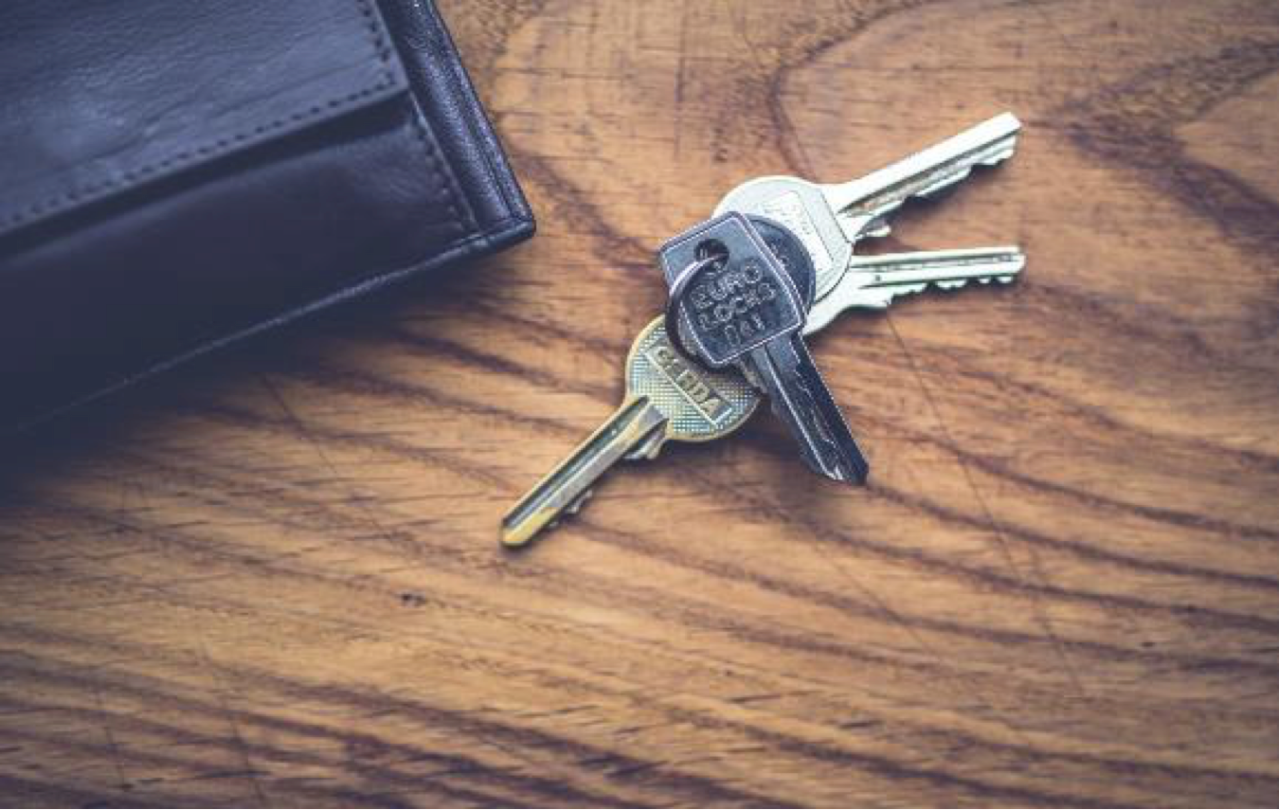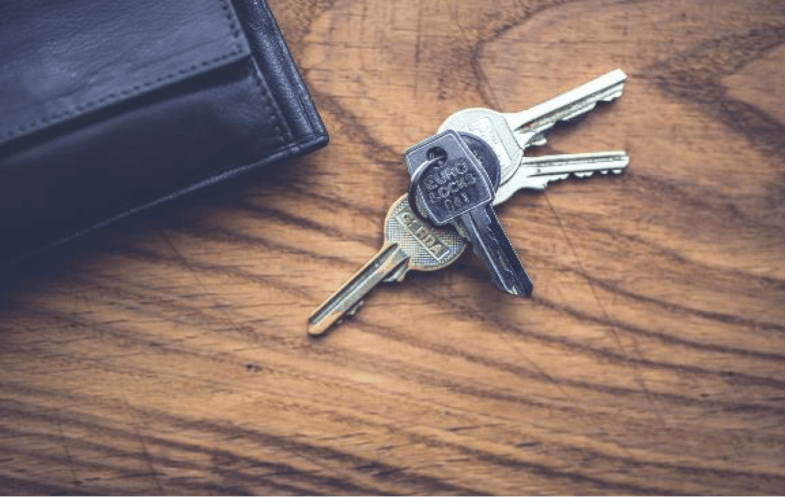
How I Finally Managed To Forgo Roommates So I Could Live Solo
It was going to be painful, but I knew if I made a budget and figured out how to spend less “unintentional” money, I could afford to rent a one-bedroom by myself.
When you’re young, living with roommates is a great way to save money. After years of sharing a place, it’s an exciting privilege to take the leap and live all on your own. If you track your transactions and monitor your finances, you can have a “home sweet home” all to yourself in no time! Here’s how I managed my finances to get a place all to myself.

The straw that broke the camel’s back was coming home from a work trip to an apartment that had been ravaged by (another) impromptu party my roommate had thrown.
There were other things: sinks full of unwashed dishes that persisted through entire months, loud returns from the bar on weeknights, and the alarming regularity with which my expensive beauty products went missing. It was time. I had to figure out a way to get my own apartment!
I live in a somewhat expensive city, so having a roommate was a crutch for me—it made my rent cheap enough that I didn’t really have to track my finances.
It was going to be painful, but I knew if I made a budget and figured out how to spend less “unintentional” money, I could afford to rent a one-bedroom by myself. I looked at apartments, figured out a range I should be able to afford with my income, and made a goal to save an extra $250 each month that would be a stand-in for the rent increase.
Though I was super excited to save the money, somehow every month that $250 seemed to disappear.
After a few months of totally floundering in my new system I realized this wasn’t a journey I needed to take alone. I reached out to friends and family to see what tools they’ve found helpful in getting their financial lives together.
My best friend told me she used her credit card to organize her finances. By putting all her miscellaneous expenses onto one card, she could easily categorize and see where she was overspending.
She was right—budgeting turned out to be a lot easier (and more fun!) when everything was in one place.
I sat down with another friend and we went through a few months of my spending. I was shocked to see how much I spent on “little” things such as ordering takeout and taking car services.
It added up to an embarrassing total—but knowing the actual number was powerful. I immediately felt motivated to get it down to a reasonable monthly amount. I calculated the number of “treat yourself” nights I wanted per month and resolved to save ordering in as a special reward for those nights only.
I went through each category and whittled down my actual spending to a goal—what a more reasonable amount would be. To my surprise, it became easier to spend less. I wanted to be in control of my money, and I could easily track where it was going. It also felt better to spend when I did, because the occasional taxi ride felt luxurious instead of an everyday thing.
By the time my lease was up that summer I had enough saved for a deposit and I felt confident enough about my spending that I wasn’t fearful about moving into a place of my own where I’d be paying more in rent.
It’s one of the best decisions I’ve ever made—not just because living alone is awesome, but because I feel in control of my financial life now.
Whenever I have a new goal, I feel confident that I have the tools and discipline to figure out how to go after that, too. ![]()











